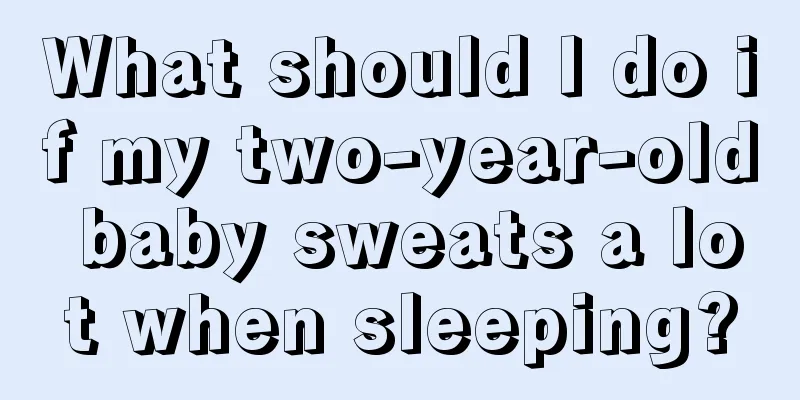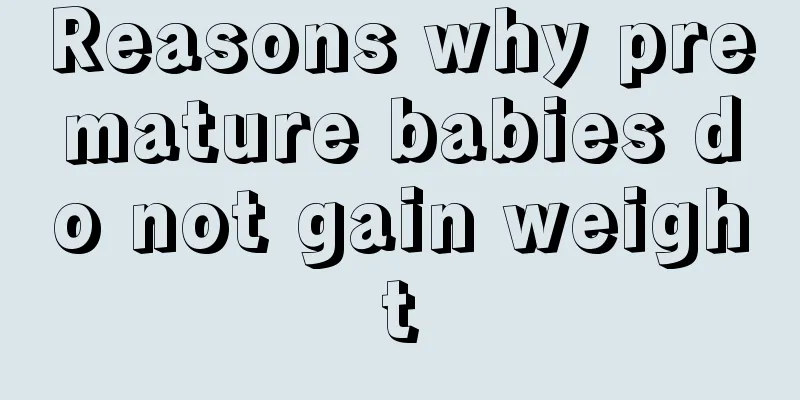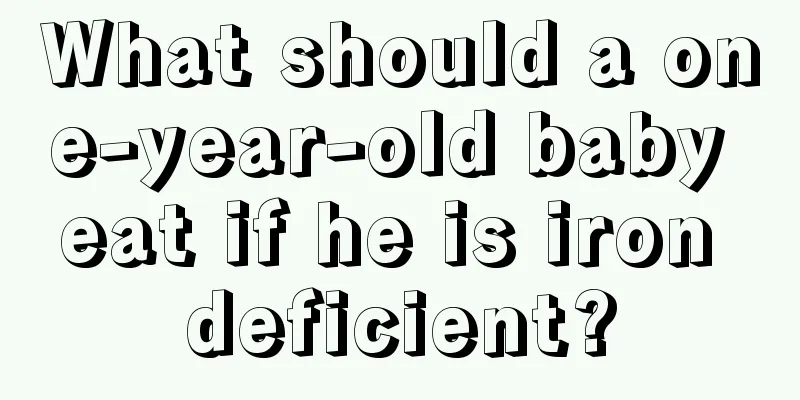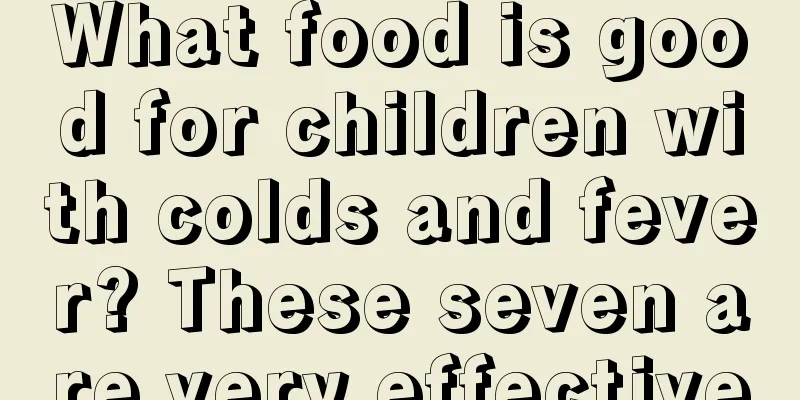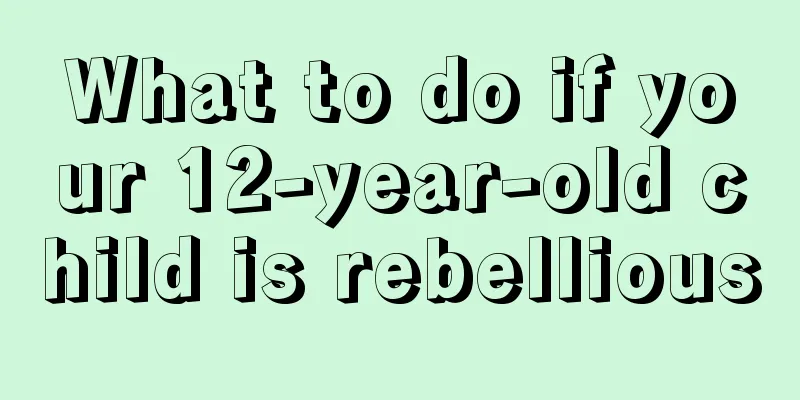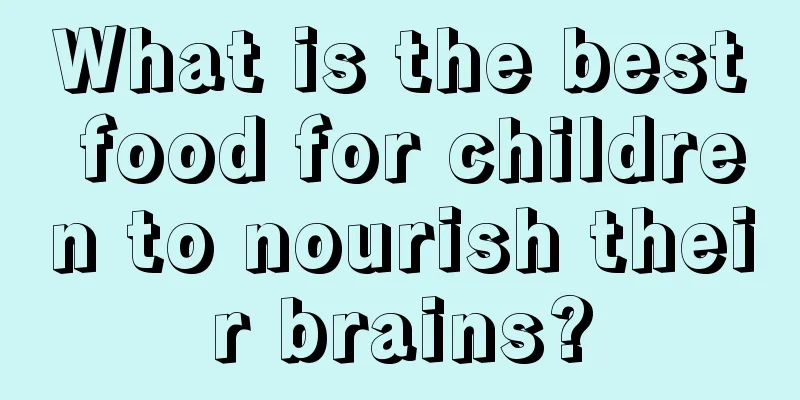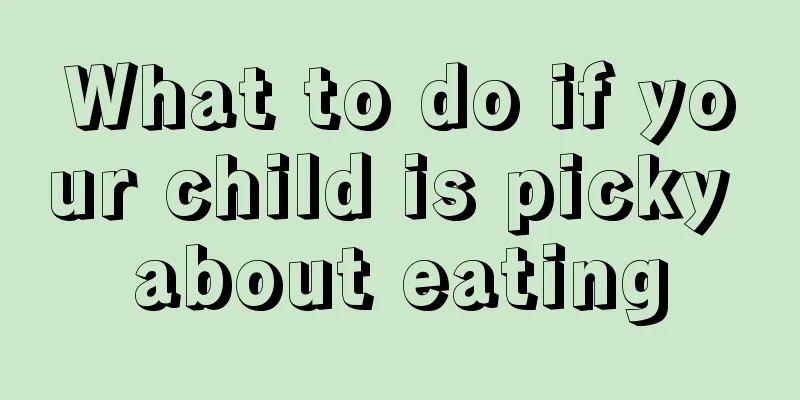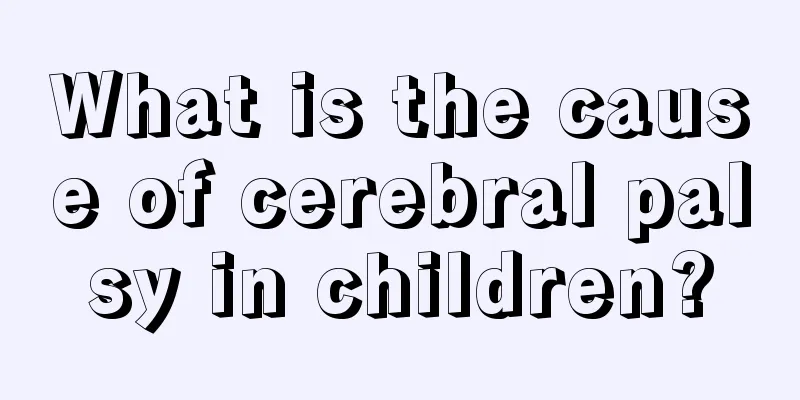What causes seizures in children?
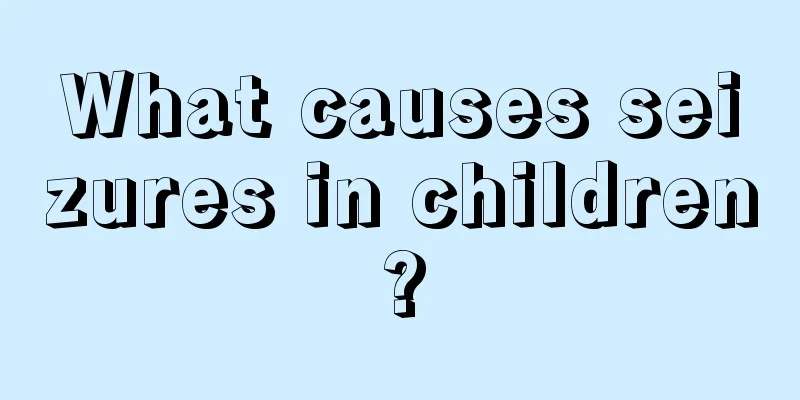
|
Children's body functions are relatively fragile and their resistance is relatively poor, so they are more likely to get sick. Their recovery after illness will be slower and the damage to their bodies will be greater. Some parents find that their children sometimes have convulsions, their bodies twitch involuntarily, and in severe cases they may even lose consciousness, causing great panic to the parents. So, what exactly causes a child to have a seizure?
Children are in the growth and development stage, and their brains are immature. When a child has a high fever and his body temperature rises above 39-40°C, a series of disorders in brain cell function may occur, and the central nervous system may become over-excited, making it easy for him to have convulsions. Tips: Once a child's fever exceeds 38.5℃, antipyretics should be used in time under the guidance of a doctor to avoid high fever convulsions.
Epilepsy can also cause convulsions in children because the brain neurons of epileptic patients are too excitable. The neurons suddenly discharge abnormally and in large numbers, which transmit signals down the nerves and cause motor seizures of skeletal muscles, resulting in convulsions. Tips: Convulsions caused by epilepsy cannot be eliminated, and epilepsy can only be treated symptomatically. 3. Caused by calcium deficiency Calcium can stabilize the nerve cell membrane, prevent abnormal discharge activities of membrane potential, and reduce the excitability of nerves and muscles. When a child is severely deficient in calcium, it will interfere with the normal function of nerve cells, increase their excitability, and make them prone to discharge under weak stimulation, thus causing convulsions. Tips: Parents can take their children to the hospital for trace element tests. If they are deficient in calcium, they should take appropriate calcium supplements.
Children's convulsions may also be caused by poisoning. Children often suffer from convulsions due to accidental ingestion of poisons, drugs or drug overdose, direct effects of poisons or indirect effects on brain function such as metabolic disorders and hypoxia caused by poisoning. Common poisons include: carbon monoxide, organophosphorus pesticides, organochlorine insecticides, rodenticides, metals (lead, mercury, thallium), plants (poisonous mushrooms, datura, Xanthium sibiricum), food (gingko, bitter almonds), etc. Tips: If poisoning occurs, you should be rushed to the hospital for emergency treatment in time to avoid irreversible sequelae or even life-threatening conditions. |
<<: The harm of secondhand smoke to children
>>: Are electric blankets harmful to children?
Recommend
Is it good for children to eat almonds?
Almonds for children should be treated differentl...
What causes sleepiness in children?
Many parents may find that their children are sle...
What to do if your child keeps coughing
Cough is a disease we often encounter. Cough affe...
What is the normal temperature range for children?
Every family hopes for their children's good ...
One year old baby has a cold, cough and runny nose
The baby's physical resistance is relatively ...
What are some simple ways to tie a child's hair?
On Children's Day, many parents take their ch...
What should I do if my child has eye discomfort?
As parents, we should pay attention to children&#...
What should I do if my child doesn’t eat vegetables? Mommy, do this.
Children's diet is an issue that many people ...
What should I do if my child has eczema around his mouth?
All children are the apple of their parents’ eyes...
Is ADHD in children serious? How to treat it?
Children are naturally lively and active, but if ...
Treatment of low-grade fever in infants
In our lives, it may often happen that children h...
What are the symptoms of hernia in children?
Hernia is not uncommon in children. Parents often...
Child coughs and wheezing in the lungs
Children's lungs are very fragile when they a...
Basic symptoms of yellow tongue in newborns
In fact, some of the organs of newborns are not y...
How to treat children's indigestion?
Indigestion in children is very harmful to their ...

